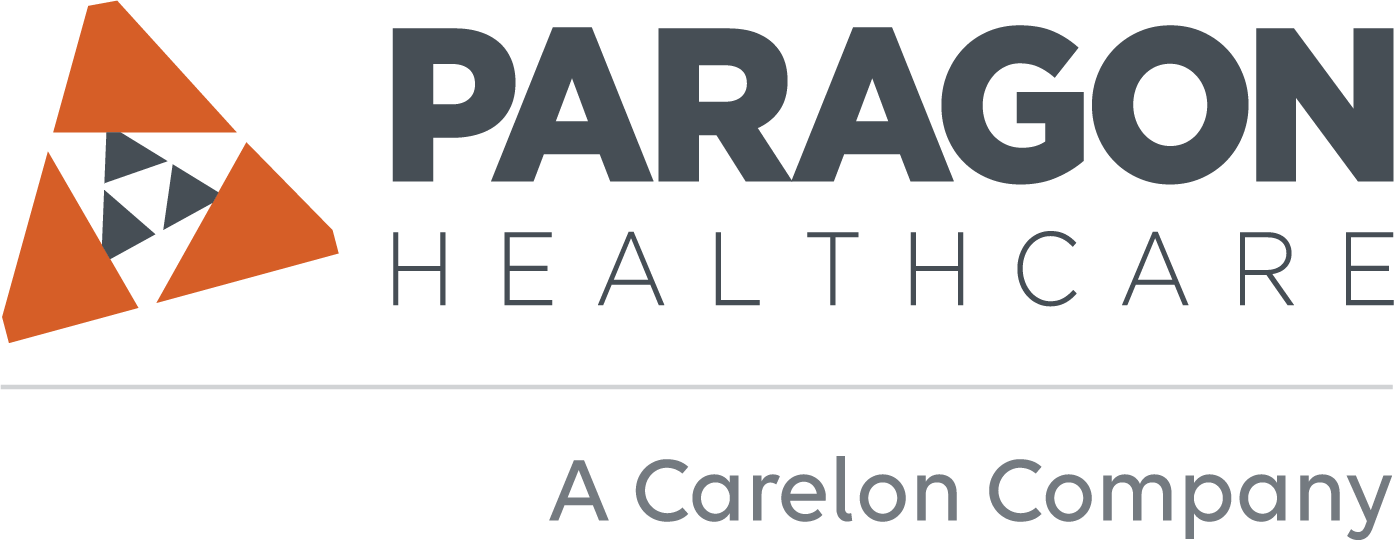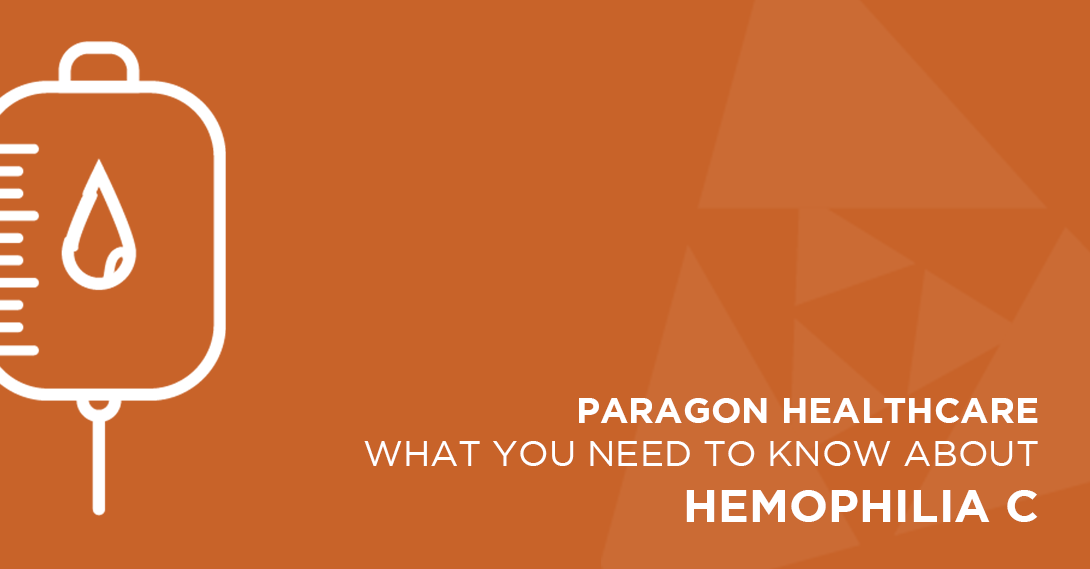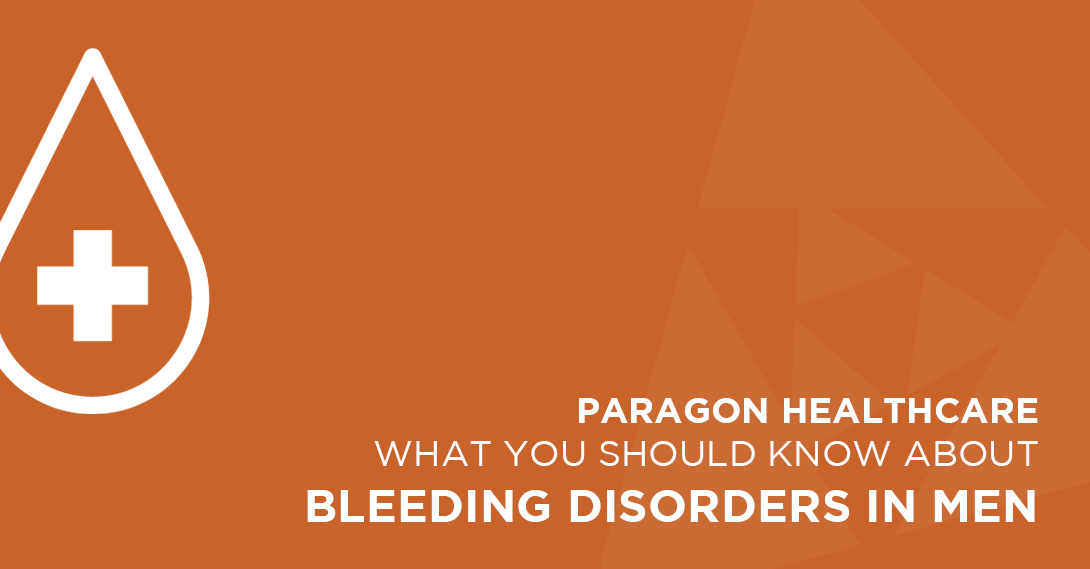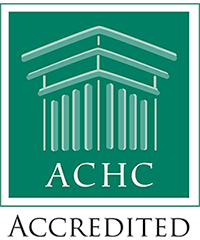What is hemophilia?
Hemophilia is a rare, inherited bleeding disorder where the blood does not clot properly. A person with a bleeding disorder tends to bleed for a more extended period before a blood clot can properly form. Blood clotting is an extraordinarily complex process. Many different blood-clotting proteins, called 'clotting factors,' play vital roles in the body’s blood clotting process.
What is hemophilia C?
If a factor is deficient, the specific clotting protein is low or not working correctly in the blood. In patients with Hemophilia C (also called Rosenthal Syndrome), the blood is deficient in Factor XI (11). This particular bleeding disorder is exceptionally rare and was only recognized for the first time in 1953. It is estimated that Hemophilia C occurs in 1 out of 100,000 people in the general population.
This particular bleeding disorder is passed on when both parents have the same mutated gene, which is incredibly rare. If a child inherits the gene from only one parent, they will be a carrier and may even experience mild symptoms themselves. Typically, this type of hemophilia does not cause spontaneous bleeding or long-term damage like Hemophilia A (Factor VIII deficiency) or Hemophilia B (Factor XI deficiency). Hemorrhaging may occur though following trauma or surgery.
How is hemophilia tested for/diagnosed?
Diagnosis of Hemophilia C includes screening tests and clotting factor tests. Screening tests are blood tests that show if the blood is clotting properly.
- Activated Partial Thromboplastin Time (APTT) Test. This test measures how long it takes for blood to clot. It measures the clotting ability of factors VIII (8), IX (9), XI (11), and XII (12). If any of these clotting factors are too low, it will take longer than usual for the blood to clot.
- Prothrombin Time (PT) Test. This is a secondary test that also measures the time it takes for blood to clot.
- Clotting Factor Test. Clotting factor tests, also called factor assays, are required to diagnose a bleeding disorder. This blood test shows the type of hemophilia and severity. It is essential to know the type and severity to create the best treatment plan for the patient.
Factor XI (11) levels in the blood do not always correlate with bleeding symptoms. Since bleeding is so inconsistent, Hemophilia C tends to pose more challenges to manage and treat than Hemophilia A or Hemophilia B. Some patients with Hemophilia C report experiencing frequent nosebleeds. In contrast, others say they have only experienced hemorrhaging episodes after procedures such as wisdom teeth removal, surgery, or trauma. Patients with Hemophilia C may also experience frequent bruising or blood in the urine.
Females with hemophilia:
Women with Hemophilia C have also reported heavy menstrual periods and postpartum bleeding. For women who are pregnant, Factor XI (11) does not vary much during pregnancy because female hormones can improve coagulation or blood clotting, which may reduce the risk of bleeding during their pregnancy.
What are the treatment options available to patients with Hemophilia C?
The best way to treat hemophilia is to replace the missing factor so that the blood can clot properly. This is typically done by injecting factor concentrates into a person’s vein. Treatment may also consist of a medication given through a vein or by mouth (as a pill or a liquid).
The two main types of clotting factor concentrate available are:
- Plasma-derived Factor Concentrates. Plasma is the liquid part of blood. It is pale yellow or straw-colored and contains proteins such as antibodies, albumin, and clotting factors. Several factor concentrate treatment products are available that are made from human plasma proteins. All blood and parts of blood, such as plasma, are routinely tested for safety. The plasma is collected from many people, and then it goes through several processes to separate it into components, such as clotting factors. The clotting proteins are then made into a freeze-dried product, which is tested and treated to kill any potential viruses before it is packaged for use.
- Recombinant Factor Concentrates. Until 1992, all factor replacement products were made from human plasma. In 1992, the U.S. Food and Drug Administration (FDA) approved recombinant factor VIII (8) concentrate, which does not come from human plasma. This concentrate is genetically engineered using DNA technology. Commercially prepared factor concentrates are treated to remove or inactivate blood-borne viruses.
Resources:
hemophiliafed.org
hemophilia.org
stepsforliving.hemophilia.org
cdc.gov






